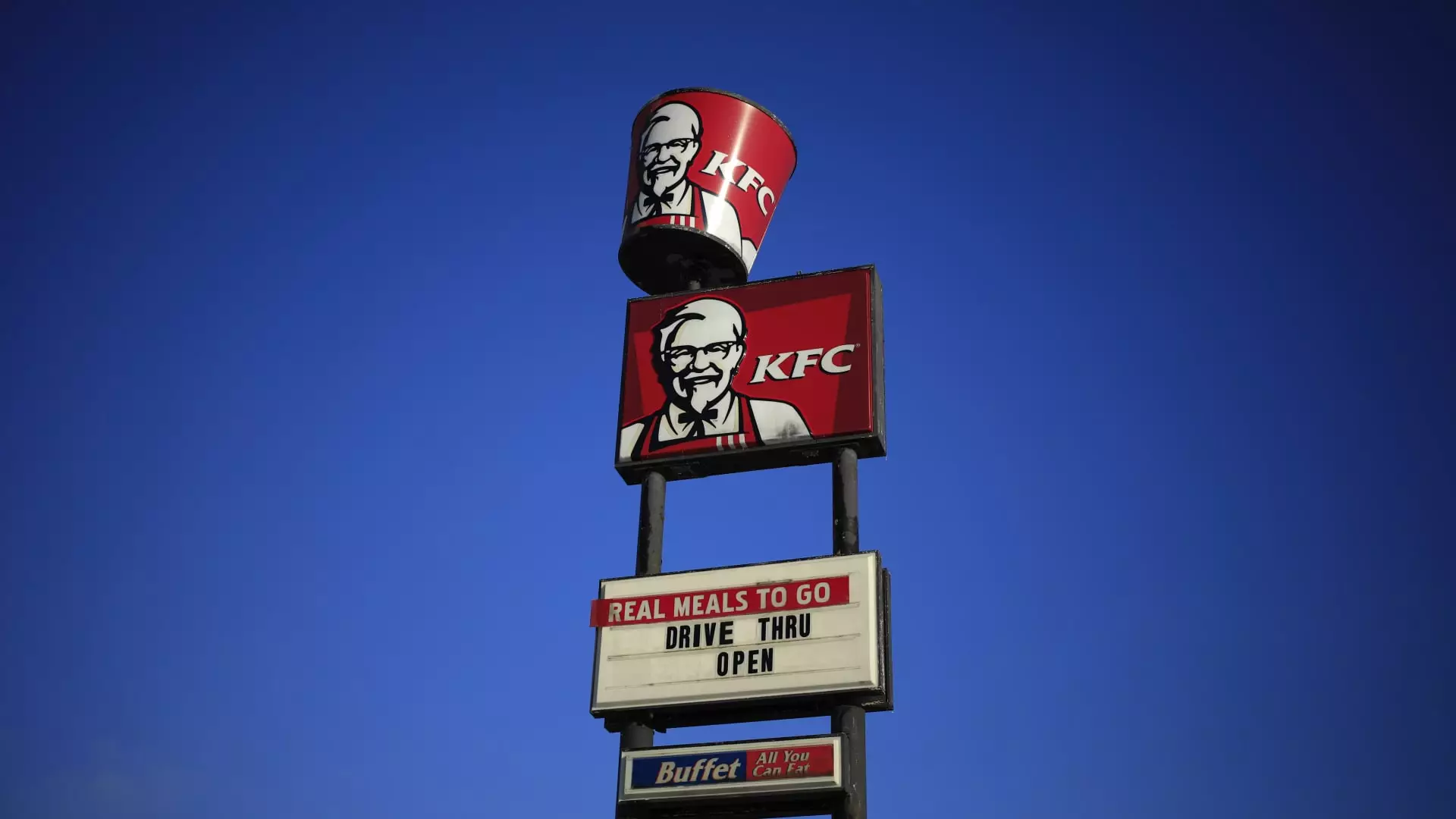In a significant corporate shift, KFC, the iconic fried chicken brand, has announced the relocation of its U.S. headquarters from Louisville, Kentucky, to Plano, Texas. This transition, as stated by Yum Brands on a recent Tuesday, will involve approximately 100 employees from KFC U.S. who will be required to move within the next six months. This strategic decision is emblematic of broader changes taking place within corporate America, particularly in response to evolving work environments, taxation advantages, and a burgeoning remote workforce.
Yum Brands’ decision to establish dual headquarters in Plano and Irvine, California, exemplifies the company’s adaptive strategy amid changing economic landscapes. The global operations for KFC and Pizza Hut are already situated in Plano, while Taco Bell and Habit Burger & Grill maintain their headquarters in Irvine. This geographical delineation is part of a concerted effort to streamline operations and improve synergy among the various brand teams under Yum’s umbrella. Furthermore, about 90 employees from Yum’s U.S. remote workforce will also be asked to relocate to their respective operational hubs, underscoring the company’s commitment to consolidating its workforce.
Despite the move, Yum Brands affirms that it is not entirely severing its ties with Kentucky. The company, along with the KFC Foundation, will retain corporate offices in Louisville, which signals its enduring commitment to its origin state. Additionally, KFC intends to construct a new flagship restaurant in its former hometown, a decision that reflects a desire to maintain a presence and legacy in Kentucky, albeit from a reduced physical footprint. This move illustrates a balance between embracing new opportunities and honoring historical roots.
The Broader Trend of Corporate Relocation
The COVID-19 pandemic has catalyzed a reevaluation of corporate operations, prompting many companies to reconsider the geographic basis of their headquarters. Factors such as lower tax burdens and changing requirements for office spaces due to the rise of remote and hybrid work have led to a notable trend of businesses relocating to Texas, touted as a business-friendly state. According to a 2023 CBRE report, Texas has emerged as an appealing destination for corporations seeking greater operational efficiency and economic advantages in a post-pandemic world.
The relocation of KFC’s headquarters is not without precedent. Competitors like Papa John’s have already made the plunge, moving their operations from Louisville to Atlanta in 2020. Although Papa John’s initially planned to divest its Louisville headquarters, the company ultimately opted to retain its original location for the employees who decided to stay. This pattern exemplifies the broader context of corporate migrations where firms weigh the benefits of relocation against the emotional and operational ties to their founding cities.
KFC’s transition to Texas marks not only a pivotal moment for the brand but also reflects broader economic trends influencing corporate decision-making. While the headquarters may be relocating, the brand’s commitment to its historical roots remains evident, showcasing a recognition of both past and future in its evolving journey within the fast-food industry. As corporate landscapes continue to shift, it will be intriguing to observe how other companies navigate similar challenges and opportunities that lie ahead.

